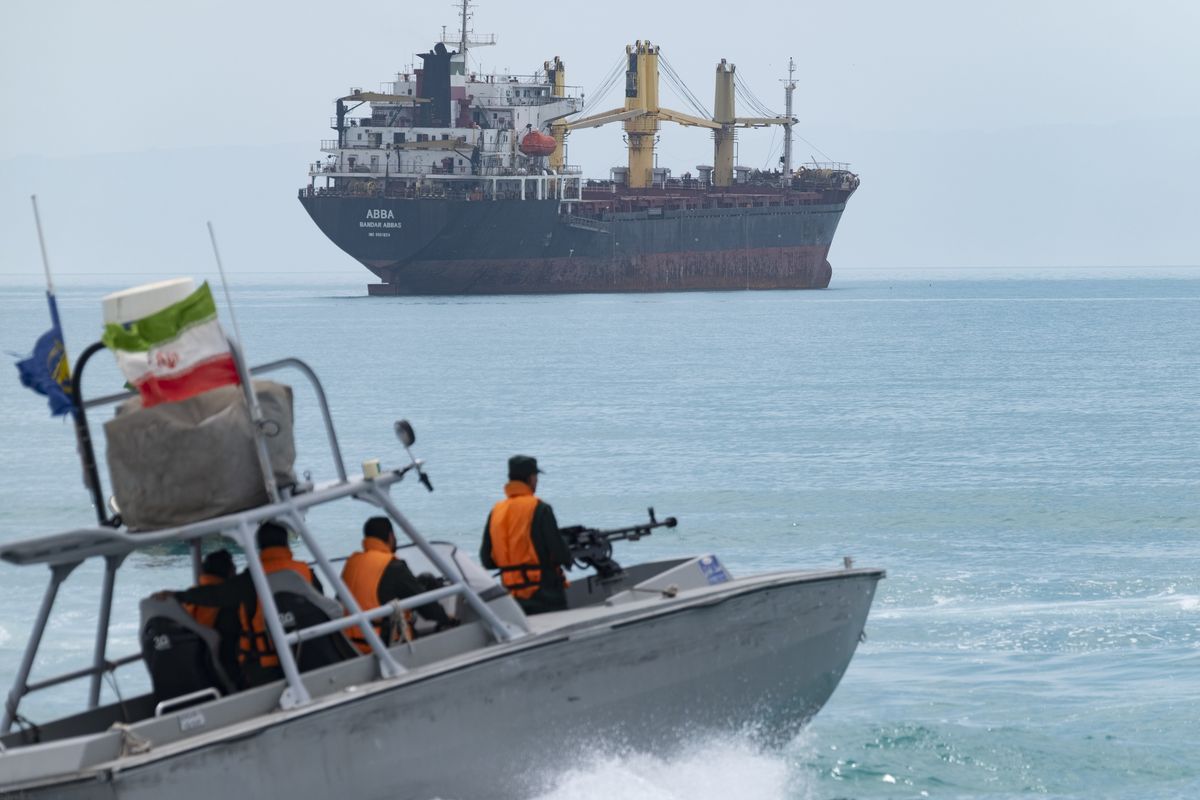Contacts between India and the Jewish people, whether in ancient Israel, in India itself, or in the Diaspora, go back to remote antiquity. But it was only in the 20th century, when both India (1947) and Israel (1948) achieved independence that these contacts became geopolitically relevant. Today, there are four dimensions to the links between India and Israel: a political-diplomatic dimension, which is the most visible of the four; a military dimension, which is by far the most important, but also the most discrete; an economic dimension, which is growing slowly but remains unimpressive; and a cultural and intellectual dimension which is the weakest.
Political contacts began in the 1920s, when Israeli leaders were looking for understanding and support from a rising India, but to no avail. Effective lobbying by Palestinian leaders and rising nationalism in the Arab Middle East profoundly influenced India’s policies for 80 years.
Before Indian independence in 1947 the key concern of the Hindu-dominated Congress Party was to prevent the partition of India. Mahatma Gandhi and Jawarharlal Nehru, the party’s leaders, could not simultaneously oppose partition for India, which would result in an independent Muslim state, and approve partition for Palestine which would result in an independent Jewish state. Even after India’s partition, hostility to Zionism and the new state of Israel remained a permanent fixture of India’s foreign and domestic policies. India’s leadership position in the Non-Aligned Movement alongside numerous Muslim countries and its quasi-alliance with the Soviet Union reinforced its decision to reject any political and diplomatic relations with Israel.
India abandoned this policy in January 1992 when it established normal diplomatic relations with Israel. India’s policy change has been explained by the collapse of the Soviet Union and the emergence of the United States, Israel’s indispensable supporter, as the sole remaining superpower. Certainly these factors, as well as strong American Jewish pressure on India, played a key role. But there were other reasons as well. India experienced a much broader intellectual and political upheaval that challenged many entrenched beliefs. A 1990 book by Indian novelist and Nobel Laureate V.S. Naipaul was aptly titled, “India: A Million Mutinies Now.” From 1992 on, political and diplomatic relations between India and Israel remained low-key, and India continued to support Arab positions against Israel.
Although Israeli President Ezer Weizman and Prime Minister Ariel Sharon were invited to India in 1997 and 2003 respectively, no Indian leader visited Israel until 2015. Many Congress Party leaders in India, though not hostile to Israel, were convinced that any public contact with Israel would damage India’s relations with the Arab world and increase tensions, if not violence, between India’s Hindu majority and Muslim minority.
Slowly, however, India’s diplomacy began to take account of a few new facts. First, Arab states always supported Pakistan against India irrespective of how loudly India condemned Israel. Second, Arab states did not take India seriously because they were sure that India was in their pocket no matter what. Third, India’s fast-growing dependence on Middle Eastern oil was a mutual dependence. Middle Eastern oil producers needed the Asian markets, China and India, at least as much as the latter needed the Middle East. India allowed economic and other links with Israel to grow during the same years as India entered the Muslim Middle East in big steps, driven by oil, booming economic exchanges and the flow of millions of Indian workers into the Gulf. In a brilliant balancing act, India kept its policies toward Israel and the Arab world strictly separate, explaining to both sides that India’s links with them were completely independent of each other.
India’s May 2014 parliamentary elections ended in a sweeping victory of the right-wing Bharatiya Janata Party (BJP) under Narendra Modi. The BJP’s landslide victories in state elections in early 2017, notably in Uttar Pradesh, reinforced Modi’s position. His victories represent an upheaval even greater than India’s intellectual ferment and policy changes of 1992. Modi was known as a friend of Israel, and his election demolished a decades old taboo of Indian politics, namely that a friend of Israel could not be the leader of India because of internal and external Muslim constraints.
Modi quickly had cordial conversations with Israel’s Prime Minister Benjamin Netanyahu, removed obstacles to pending Israeli arms deals, encouraged an expansion of links in many sectors, and ensured that India stopped automatically supporting all anti-Israeli resolutions at the United Nations. (India supported some resolutions but abstained from others). Modi’s actions do not seem to be a temporary, easily reversible blip in relations between the two countries, but rather a reflection of deeper, socio-economic trends: the rise of a more Western-oriented youthful Indian middle class that voted him into power as well as a Hindu nationalist resurgence. Under Modi, the political dimension of the Indo-Israeli relationship – absent while the Congress Party ruled India – has begun to dominate all other dimensions.
Modi has accelerated his country’s defense relationship with Israel, the strongest and oldest link between the two countries. The defense link was forged in the 1960s, long before India established diplomatic relations with Israel. It was never interrupted, even during periods when India displayed intense political animosity to Israel. Very few details are publicly known as it is unclear what role past Indian governments played in condoning or even encouraging this relationship. The defense cooperation involves weapons sales, joint weapons development, training, intelligence sharing, cooperation against terrorism, mutual visits by the commanders of the respective armed forces and more. Today, India is Israel’s biggest single defense market, buying approximately $1 billion worth of weapons annually.
Some revealing stories that have come to light illustrate bolstered cooperation. During the Kargil War in 1999 when Pakistani paramilitary forces attacked the Indian army in Kashmir, Israel airlifted emergency supplies of ammunition and other hardware to India. In 2007 India launched an Israeli spy satellite with a secret payload, apparently flying over Iran.
Some predict that Israel will not maintain its current access to India’s lucrative weapons market because competition from other Western countries or from India’s own defense industries is expected to greatly increase. As of today, there are no signs that Israel’s competitive edge in the quality, price and adaptability of its weapons is about to be dented by its competitors. Does the defense relationship between India and Israel amount to a “strategic alliance,” as some have suggested? India has mutual defense and security treaties with Iran and several Arab countries, and it does not share all of Israel’s views of these countries.
Israel and India probably do not have what amounts to a strategic alliance, but the two nations have many converging concerns and interests, since both are living in a dangerous environment.
The economic relationship between the two countries is impressive when seen in isolation but disappointing by international comparison. Bilateral trade increased from virtually zero in 1992 to current levels at around $5 billion. Almost half of all trade is comprised of the diamond trade. India’s trade with Israel represents only about three percent of its total trade with the Middle East, which totals about $200 billion. Indian-Israeli negotiations for a free trade agreement that could increase trade to $10 or $15 billion have been dragging on. Time will tell whether recent high-level meetings between India and Israel and Prime Minister Modi’s planned visit this summer will make a difference.
Cultural, intellectual, and informational relations between the two countries are lagging behind all others. These include artistic, film, sport academic, literary, religious exchanges and more. For the long term, the Indo-Israeli relationship should not be based so strongly on the defense sector. But the money is simply not there to fund all possible exchanges.
So what does the future hold? Thus far, Modi’s friendship with Israel has been a considerable boon for the Jewish state, and no loss to India. As long as Modi remains in power, the bilateral relationship is likely to flourish.
In the end, however, this relationship will still be influenced by Israel’s policies towards the Palestinians and the holy places in Jerusalem. Islam is an integral part of India, and no Indian government can afford to ignore Muslim sensitivities.












